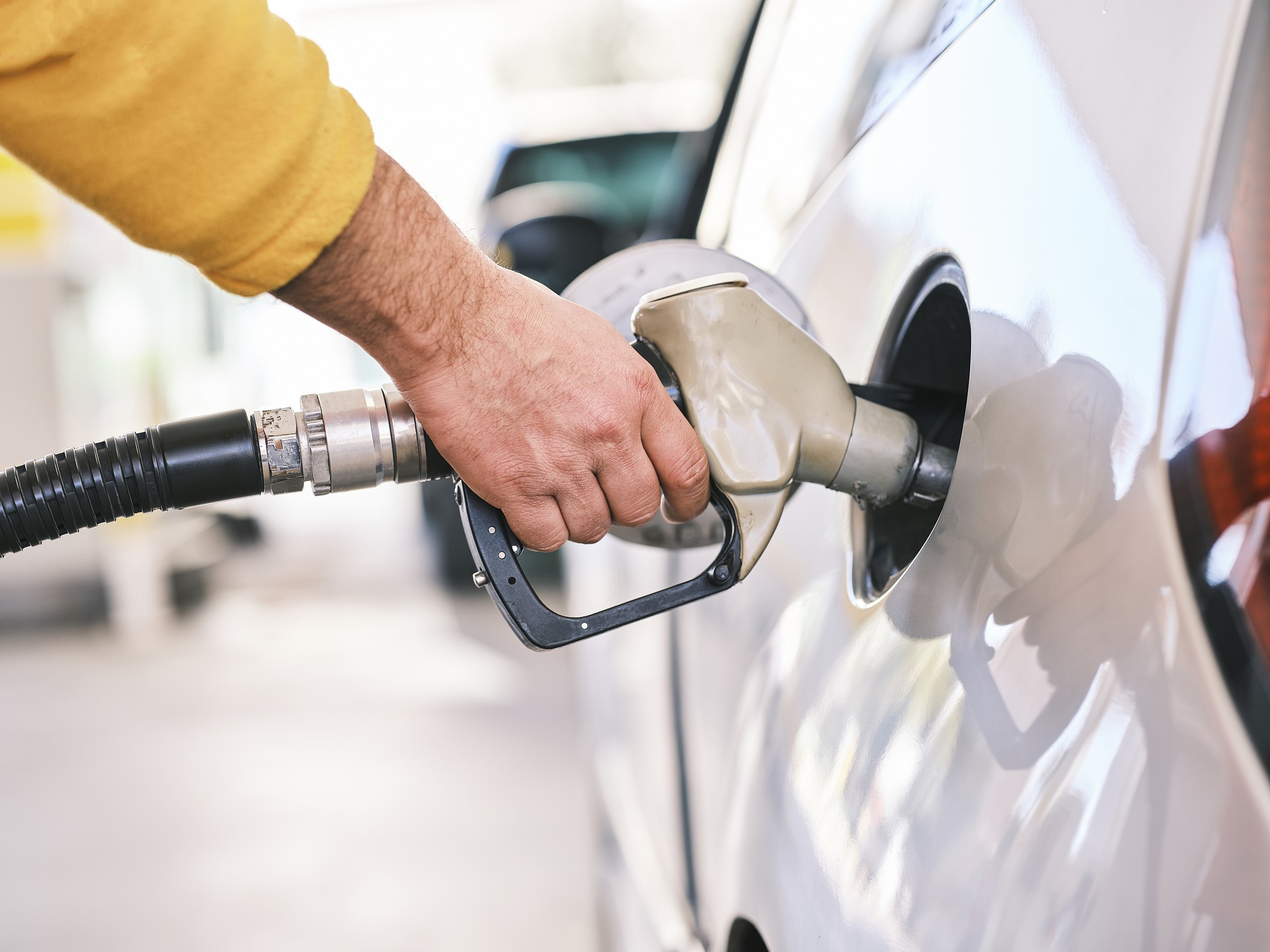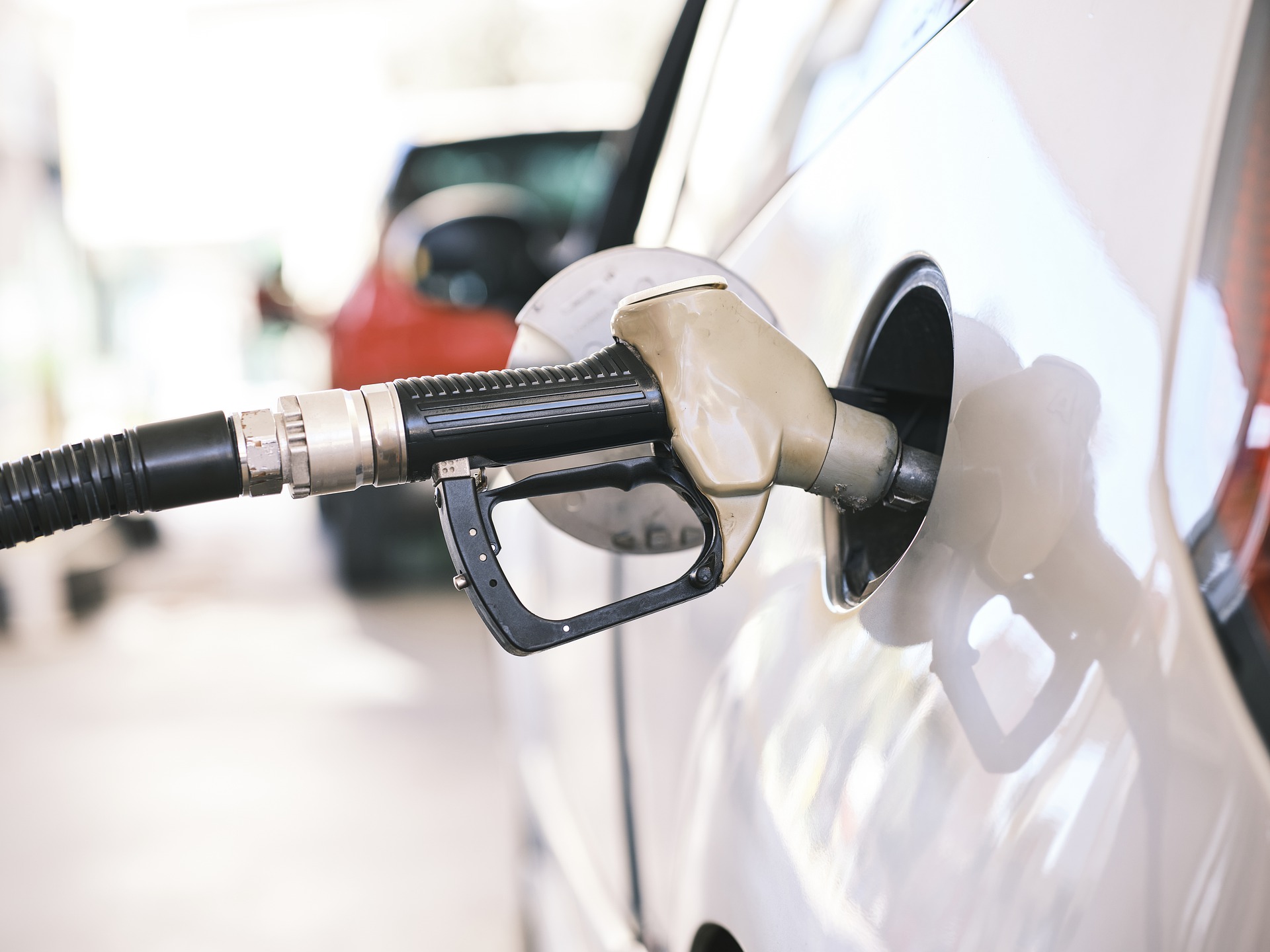
The government has announced six measures, one of which is a 0% bridging loan.Continue reading

The government is capping the wholesale price of petrol and diesel at 480 forints (EUR 1.3) a liter as of Monday, which will contribute to the more competitive operation of retail gas stations, the ministry of innovation and technology announced on Monday.
The cap on retail petrol and diesel prices was introduced in November and has been extended until May 15. The government introduced the measure to cushion the impact of high inflation.
Now, the maximum wholesale gross selling price that can be applied by the supplier is also HUF 480 (EUR 1.3) per liter, as is the retail price applied by the wells. No other costs or fees may be charged and the supplier, MOL, for the most part, may not refuse to enter into a contract with the retailer applying the official price.
So petrol stations have to pay as much for fuel as they can sell it for. However, before this measure, after the price cap was introduced, stations bought fuel for a higher price than they sold it for. This was especially unprofitable for smaller stations putting their operation at risk. But the losses were noticeable in the case of bigger companies as well. Last month, it was reported that from then on, all gas stations lose money on fuel sales. According to holtankoljak.hu, on February 18, the gross price of petrol rose by 8 forints, taking its purchase price above 480 forints. For diesel, the increase was 5 forints gross, which added to the losses of petrol station owners.
Shell, for example, introduced volume restrictions as truck drivers, taking advantage of the price cap, fill up their tanks in Hungary. This means that a maximum of about 100 liters of any fuel up to a gross value of 50,000 forints per transaction can be filled up at ten Shell gas stations along the main transit routes. There is no limit on the number of purchases per day at these stations, only on the one-time amount that can be dispensed at the pump.
The government already listed six points to help small stations that previously sent proposals to the government to save stations. According to the government’s website, the new measure was introduced in order to contribute “to the more competitive operation of retail petrol stations.”
According to economic site G7, however, since gas stations have to now pay as much for fuel as they can sell it for, “what the government has done with this move is to shift part of the burden of the price cap, which has so far been covered entirely by the wells, onto the wholesalers, primarily MOL. Then, in another measure, it took over part of the loss.” The economic portal believes that a further increase in the wholesale price would probably have triggered a domino effect, and stations would have closed down.
At the same time, as G7 also reported before, cheap fuel prices have boosted fuel tourism, significantly boosted domestic fuel sales, and in particular, diesel sales. Because of this, the state could record profit from the capped prices.
An interesting detail, also according to G7, is that Putin’s war could put the Hungarian fuel trade under pressure. Last week, oil prices had already jumped on the news that the Russian president had signed a decree recognizing the breakaway territories in eastern Ukraine.
The government decree on the measure has already been published in the Magyar Közlöny (Hungarian Gazette).
Featured photo illustration by Pixabay